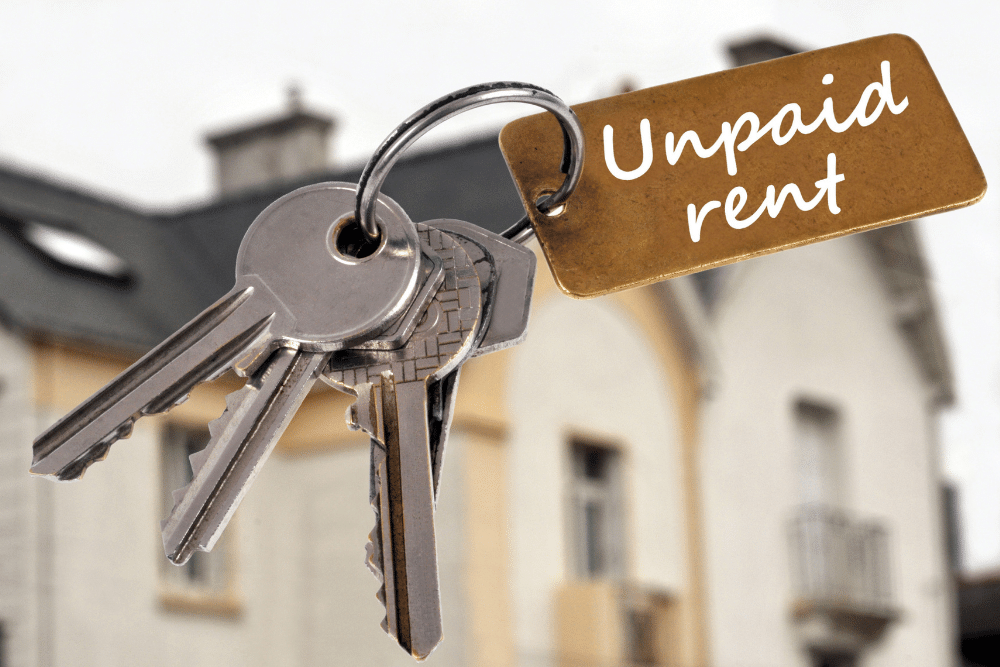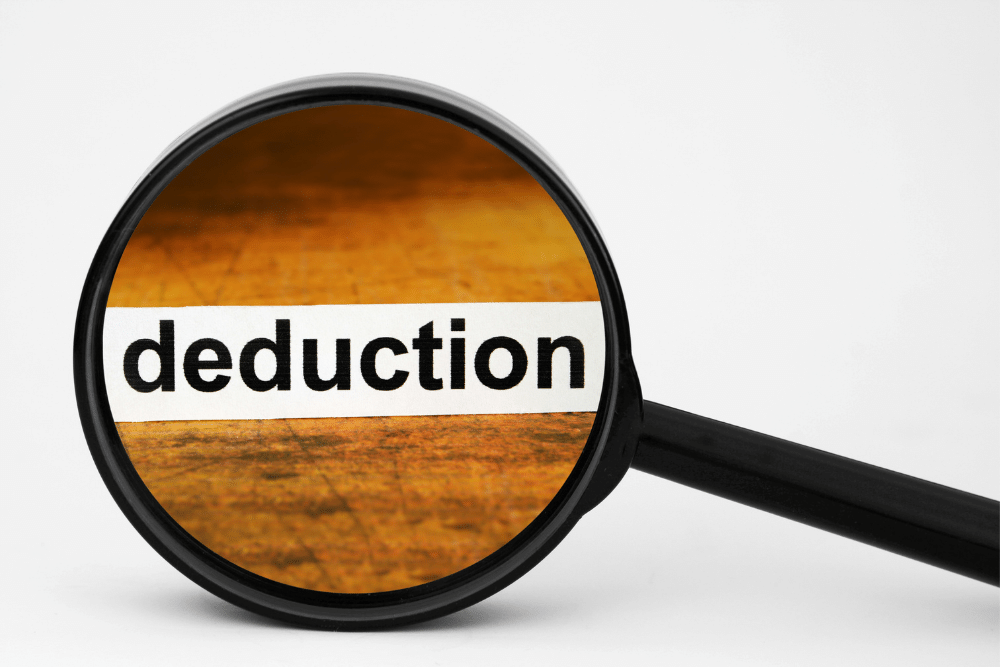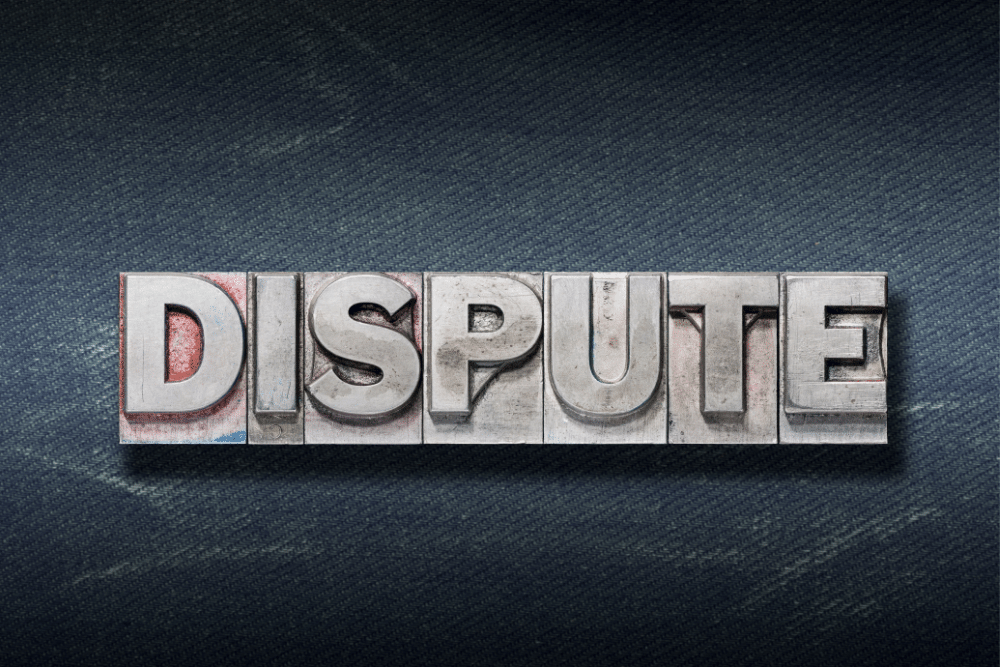What Can Be Deducted From My Security Deposit and Can I Prevent It?
The law around security deposits changed for the better in 2007, making it compulsory to protect a tenant’s deposit in a government-approved scheme. The deposit lawfully belongs to you, and your landlord must provide evidence of their costs if they feel the need to make deductions from it. If a tenant does experience a deduction, this is most likely due to unpaid rent or damage to the property, as well as some other factors which we’ve included in this guide about security deposits.
Reasons for security deposit deductions
Cleaning costs
This is the most common reason for deductions on your security deposit. Some tenants opt for a professional cleaning service to carry out their end-of-tenancy cleaning, especially if you live in a larger property or have kids or pets.
Whether you’re doing it yourself or leaving it to the professionals, check to make sure your oven is clean! This is by far the most common cleaning-related reason for deductions. Other culprits include extractors, toilets, kitchen sinks, skirting board and light switches! Check your tenancy agreement in case your landlord has asked specifically for professional cleaning.
Damage beyond expected ‘wear and tear’
This can include damages you’ve caused directly, such as spilling red wine on your beige carpet, but it also includes any damages that have occurred due to your lack of care, like ignoring a small leak that then caused the ceiling to collapse.
Replacement costs and missing items
If your landlord needs to replace anything after you’ve left, you will be charged for the cost of the item and any associated replacement costs.

This could relate to damages, if your cat ripped up an armchair that now needs to be replaced, but it can also be replacing things that would have fallen under the category of minor repairs and therefore were the tenant’s responsibility. Common minor repairs could be things like broken light bulbs, light switches, and power sockets.
If the landlord claims something is missing, or that you have stolen something, they can deduct the value of the missing item from your deposit as well.
Neglected garden
If your tenancy agreement specifies that the garden is your responsibility, then it should be clear that you’ve looked after it when your tenancy ends. The grass should be trimmed, and any weeds or overgrowth should be removed. Much like the rule with leaving your house as clean as it was when you moved in, you don’t have to make improvements to the garden, just keep it in the same state.
Pet odours
Odours from your furry friend are difficult to remove from your home, so your landlord is likely to ask you to arrange a deep cleaning of your property before your leave.
Significant changes and redecoration
Adding anything major to the property, like panelling to a wall or a new light fixture with wiring, will incur costs. The same principle applies to non-permitted redecoration.
You might think a certain wall colour looks nicer, or that the area benefits from shelving, but unless you have had permission to make any changes, your landlord is likely to use this opportunity to deduct from your deposit to change the property back to its original state.
Unpaid rent
Any rent arrears are likely to be settled by taking it from your security deposit. If your tenancy ends in the middle of the month, you might have forgotten to pay your last month of rent.

However, if you know you haven’t missed out on any payments, give your landlord the evidence to back that up. Any bank statements or emails that prove your regular payments should be shown to them as soon as possible.
Unpaid utility bills
If you pay your landlord for utilities, you will likely have to cover any costs for unpaid bills. However, if utility bills are in your name, make sure you take pictures of your meters to provide a final reading to the utility companies.
You should also provide the utility companies with your new address so you can pay any outstanding bills. In these cases your landlord can only really deduct from your deposit if they experienced a significant financial loss as a result of unpaid utility bills.
Removal costs
This is another common reason for deductions, and it’s probably also the easiest thing to avoid! Simply put, do not leave anything in the property that wasn’t there when you moved in. If you bought furniture that won’t fit into your new home, bring it to a local charity shop or sell it.
Landlords will also charge for rubbish removal if you’ve left any in your home. The moving process is stressful, and it’s not uncommon for people to leave some belongings behind, so make sure you do thorough final checks before fully moving out.
How to prevent deductions
We’ve told you why you might get a deduction to your security deposit, but how do you prevent this from happening in the first place?

Firstly, it’s important to note that some deposit deductions will be inevitable. If you have caused a major repair, there is nothing you can but cover the cost of getting it fixed. However, smaller repairs (even if you’ve caused them) don’t need to be reported if you fix them before moving out!
Try to assess your home from your landlord’s point of view, and think about what might qualify as a fixable minor repair in their eyes. You might have gotten used to that hanging cabinet door or a troublesome door hinge but to them, this qualifies as a minor repair.
For any major repairs, even if you didn’t cause the issue, it’s important to report this to your landlord as soon as possible so they can start arranging a repair.
What to do if there is a deposit dispute

The most important thing any tenant can do is take as many photos as they can of their home before and after they move in. If you had major repairs done to your home during your tenancy, it’s also good to keep photo evidence of this work in case it causes any damages that aren’t your responsibility.
Your inventory is an incredibly useful piece of evidence that would help in fighting an unreasonable claim by your landlord. Combining this with photos will give you a strong argument against claims that something was missing, damaged or neglected.
You have the right to challenge any deductions from your landlord that you claim unreasonable, so have an accurate inventory and plenty of photos ready just in case you need to do this. Any discussions regarding the deposit, deductions, or returns should be kept in writing as well.